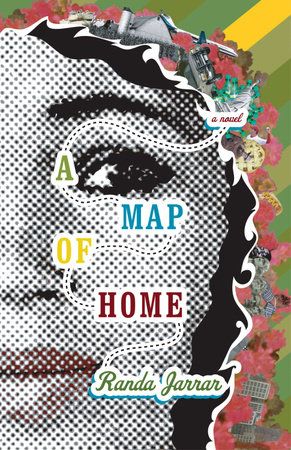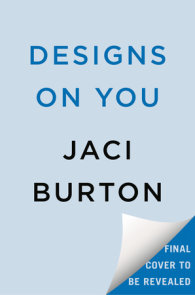READERS GUIDE
Questions and Topics for Discussion
1. Nidali opens with the story of her birth and says, "Baba realized that he didn’t know my sex for sure but that didn’t matter; he’d always known I was a boy." How does the fact that Nidali is female affect her relationship with her father? Do you think Waheed would have been as hard on her if she had been a boy? Examine the dynamics of this father-daughter relationship.
2. Nidali grows up in several different countries. What do you learn about adolescence from her varied perspective? Is it a universal experience?
3. Examine the several passages in which Nidali reflects on the idea of home and what it means to her. How does she define home? Is it a concept or something more concrete? What does the title refer to?
4. When Nidali’s religious cousin Esam comes to visit, he throws away her Wonder Woman stickers, proclaiming the character looks like a "naked heathen" and "a shameless prostitute." Nidali looks at the remains of the stickers and says, "These white spots were, to me, parts of God." What role does religion play in Nidali’s childhood? Does it change or evolve as she grows up?
5. Consider the different settings in the novel–Kuwait, Egypt, and Texas. Where do you think the Ammar family is the most content? Find instances when Jarrar weaves historical events into the plot and discuss the different ways her characters are affected by them.
6. Nidali writes a letter to Sadam Hussein to complain about the Iraqi invasion and how it is ruining her life. What does this reveal about Nidali? About the connection between the personal and the political?
7. Nidali’s parents each live with the disappointment that they gave up their dream careers: Waheed never became a great poet and Ruz never became a concert pianist. How does each parent deal with this regret? How do their failures affect Nidali and her own hopes for the future?
8. Nidali chronicles her family’s new life in America in the chapter "The Shit No One Bothered to Tell Us." What is the effect of her ironic commentary in these vignettes? How does Nidali portray her new home? Does she find anything positive in Texas?
9. Waheed is a complex character, capable of extreme compassion and love as well as quick-tempered anger and abuse. Do you ever sympathize with Waheed? What are the driving forces of his behavior?
10. Nidali’s sexual awakening is a significant part of her adolescence. From her first boyfriend Fakhr in Kuwait to her high-school crush Medina in Texas, Nidali goes through a range of joyous and unpleasant experiences. Compare and contrast these encounters. How does she react to heartbreak? To disappointment?
11. Growing up, Nidali is fascinated by her family history. In what ways does family history affect an individual life? How is Nidali shaped by those events in her family that occurred before her birth?
12. Does Waheed’s acceptance of Nidali’s final act of rebellion–going to the "forbidden fruit college in Boston"– show he is finally ready to let go? Is his change of heart a reaction to his recent experiences as an immigrant is the U.S. or is it in keeping with his long-standing relationship with Nidali? Is this a fitting ending?
13. The book opens with Waheed holding a pen, and ends with Ruz throwing one out the window, and Nidali catching it. What role does writing play in the novel?




















